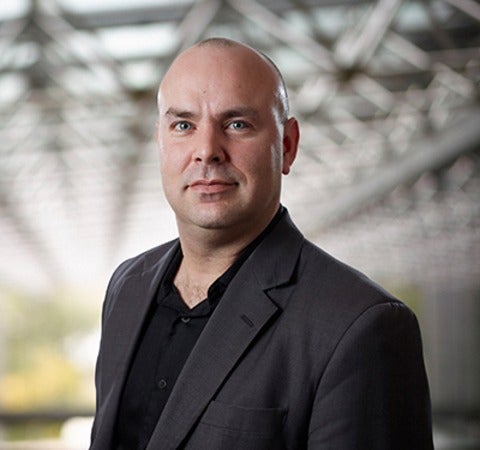New forms of matter with ultracold atoms: synthetic magnetic fields and supersolidity
Wolfgang Ketterle - MIT
The properties of ultracold atoms can be profoundly modified with the help of laser beams. They can modify the wavefunction of neutral atoms in such a way that they show behavior of charged particles, e.g. electrons in high magnetic fields. In this way, synthetic magnetic fields and spin-orbit coupling have been realized, and a supersolid phase has been observed. A supersolid is superfluid and breaks translational symmetry, i.e. it has shape.
